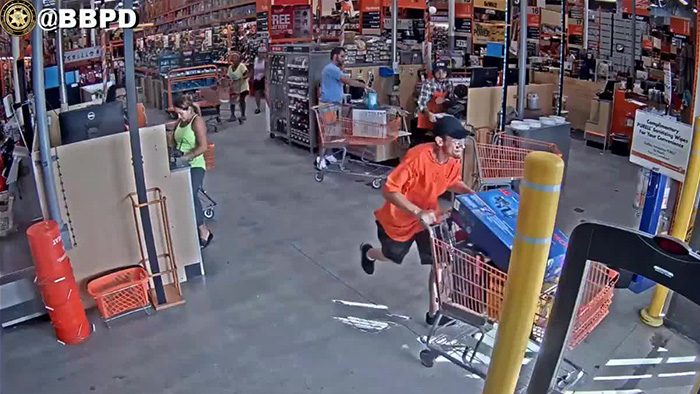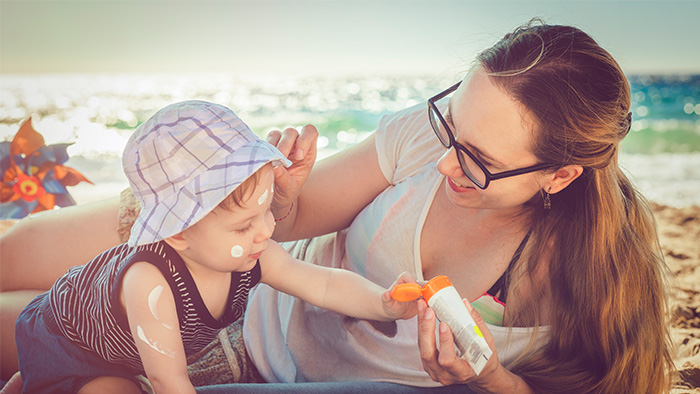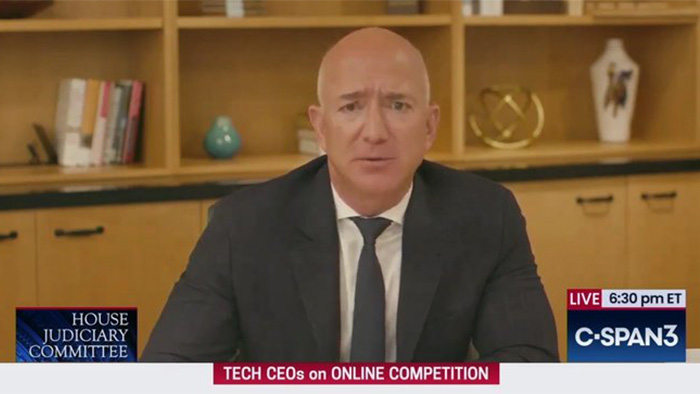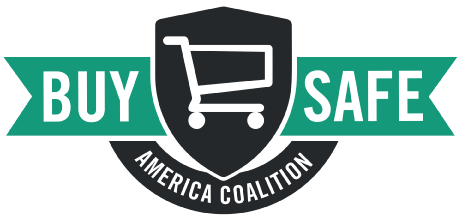Frequently Asked Questions

Q: What is the Buy Safe America Coalition?
A: The Buy Safe America Coalition represents a diverse group of responsible retailers, consumer groups, manufacturers, intellectual property advocates and law enforcement officials who support efforts at all levels of government to protect consumers and communities from the sale of counterfeit and stolen goods.
Q: What is organized retail crime?
A: Organized retail crime (ORC) refers to professional shoplifting or other theft occurring in retail stores. These criminals are increasingly turning to online marketplaces to quickly and discretely move mass quantities of stolen merchandise. Unfortunately, these criminal rings are growing more brazen and violent, putting the safety of customers and store employees in jeopardy. Organized rings are often involved in other crimes within the community, including narcotics, money laundering and human trafficking.
Q: What constitutes a counterfeit product?
A: Counterfeit goods are imitation products that generally look as though they are made of genuine, quality materials under a brand’s name, but without the direct authorization of the brand company itself. These goods are often mislabeled and lack proper approval, which can significantly threaten the consumer. Sellers of counterfeit products often infringe on patent and intellectual copyright laws and peddle goods across third-party e-commerce marketplaces with anonymity that makes them hard to trace.
Q: What is the current vetting process for third-party sellers?
A: Some online platforms require concerningly little identifying information to begin selling. According to a former Amazon executive, for example, the company began “aggressively adding merchants, regardless of whether they were authorized by brands to sell their products” in order to grow its product selection, which curtailed any progress made to thwart counterfeit products. This runs contrary to the strenuous application process required by large retailers, regardless of whether they are selling a product from the store shelf or their website.
Q: Is the Buy Safe America Coalition solely focused on Amazon?
A: No, the Buy Safe America Coalition is focused on protecting consumers who shop on a range of online marketplaces. Amazon — which boasts more than 2.2 million active sellers responsible for more than half of Amazon’s total sales — is the largest online marketplace and has had an alarming history of failing to address counterfeits and stolen products — including those posing a threat to infants and toddlers. However, lagging regulation on all major internet companies has allowed unscrupulous actors to take advantage of these platforms to sell counterfeit or fraudulent goods to unwitting customers.
Q: What are the security risks posed by third parties selling counterfeit and stolen products online?
A: Time and again, counterfeit and fraudulent products have caused harm to consumers of all ages. Unregulated, illicit goods put consumers at risk by selling them faulty, expired, or defective products that are not approved by the proper authorities, such as the Food and Drug Administration (FDA). This is true, for example, for illicit cosmetic items and children’s toys, both of which threaten consumers well-being.
Q: Why aren’t major online marketplaces doing more to stop stolen and counterfeit products sold by third-party sellers?
A: Big Tech has largely ignored this growing problem and the concerns of legitimate sellers and consumers who have been targeted by these criminal elements. And the result has been a surge in organized retail crime targeting local retailers, and a flood of unsafe and illicit products sold to unsuspecting consumers. Big Tech cannot be left to solve a problem from which they currently generate immense and growing profits. Congress must modernize our consumer protection laws to hold these platforms accountable and give consumers and law enforcement the tools to track and prevent illicit sales. We can fix this problem by implementing common-sense measures that promote safety, transparency, and accountability.
Q: How are big businesses affected by the selling of counterfeit products online?
A: In 2016, US brands and patents were the leading national victim of counterfeiting, showing how bad actors can strip legitimate businesses of their intellectual property. Defective, copycat products and other counterfeit goods can pose life-threatening risks to consumers and damage the reputation of a business. While consumer protection laws exist for brick-and-mortar stores that sell products, oversight has lagged across online marketplaces, making them an enticing platform for fraudulent sellers that mislead consumers. Online marketplaces should hold third-party sellers to stringent standards similar to those of brick-and-mortar stores.
Q: Why isn’t law enforcement stepping in to combat counterfeit or stolen products?
A: The anonymity and an unregulated environment in which these platforms operate have allowed criminals and deceitful third parties to sell products that would never be allowed on a store shelf. Bad actors domestically and internationally utilize e-commerce platforms to peddle fraudulent and counterfeit goods, while their identity is often hidden from customers and law enforcement. Criminal sellers should be exposed to protect consumers and legitimate brands, and law enforcement must be empowered with the proper tools to track illicit goods and shut down organized crime.
Q: Is the US economy affected by the buying and selling of counterfeit products across major internet marketplaces?
A: The sale of counterfeit and fraudulent goods inflates competition and drives costs of genuine products down, hammering legitimate businesses and costing the US economy hundreds of billions of dollars. Major Internet marketplaces that peddle illegal, deceptive, or counterfeit products cost the US economy and small businesses more than just brand reputation loss. Illicit products cost the US economy an estimated $600 billion a year or 3 percent of the US gross domestic product, according to a recent study by the Department of Homeland Security.
Q: What is the INFORM Consumers Act and how would it help the ORC problem?
A: The INFORM Consumers Act was introduced with bipartisan support in the Senate by Sens. Bill Cassidy (R-LA) and Dick Durbin (D-IL) and in the House by Rep. Jan Schakowsky (D-IL). The bill would require online marketplaces to COLLECT AND VERIFY a seller’s information and require sellers to provide contact information to consumers. This common-sense legislation would hold big tech marketplaces accountable for fraudulent transactions, better inform consumers, and allow law enforcement to better track criminal networks trafficking stolen and counterfeit goods.
Discover More About the Coalition

What is Organized Retail Crime
Criminals are increasingly turning to online marketplaces to quickly and discretely move mass quantities of stolen merchandise. Unfortunately, these criminal rings are growing more brazen and violent, putting the safety of customers and store employees in jeopardy.
Learn More
The INFORM Consumers Act
The time is now for Congress to modernize consumer protection laws by requiring online marketplaces to collect and verify basic seller information, and for sellers to provide that information to consumers.
Learn More
The Problem
The marketplace today for common, everyday goods is flooded with counterfeit and stolen products. Absent reform, legitimate businesses, and consumers will continue to be harmed.
Learn More